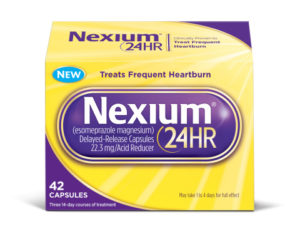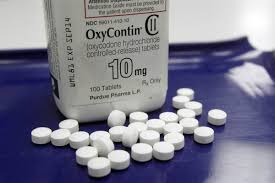 Reports have been released showing legendary pop star Prince, died of an overdose of the painkiller Fentanyl. The drug, which can be found on the black market, is more than 100 times more potent than morphine, making it the strongest opioid available.
Reports have been released showing legendary pop star Prince, died of an overdose of the painkiller Fentanyl. The drug, which can be found on the black market, is more than 100 times more potent than morphine, making it the strongest opioid available.
“Fentanyl is a very dangerous opioid, whether you’re taking it as a prescription or you’re mixing it with black-market heroin,” said addiction specialist Andrew Kolodny, executive director of Physicians for Responsible Opioid Prescribing, in a USA Today article.
“Celebrity overdoses are just the tip of the iceberg of an epidemic,” Kolodny said. “Many of these deaths are occurring in people who are not your typical drug abuser. They are suffering from chronic pain and they are becoming addicted to legitimately prescribed medication.”
Prince’s death is just one in an increasing trend of opioid-related fatalities in America. According to a CDC report, Since 2000, the rate of deaths from drug overdoses has increased 137%, including a 200% increase in the rate of overdose deaths involving opioids. The alarming growth of opioid addictions and deaths has even been a topic in the presidential race, and continues to be a major topic in politics as a whole.
One startling point made in a Washington Post article is that so many people are dying of drug overdoses that it’s easing the shortage of donated organs. While there are many factors, whether accidental or intentional, that contribute to the number of overdoses in this country, there must be more effort put in to stop this growing epidemic.
In the past year, google searches containing the word “opioid” have increased continuously, and they grew even more when Prince’s death was linked to the painkillers. The awareness of the problem has grown across the country, however a solution has not been found. Hopefully there can be a solution to rehabilitate addicts, and prevent future overdoses from occurring.








